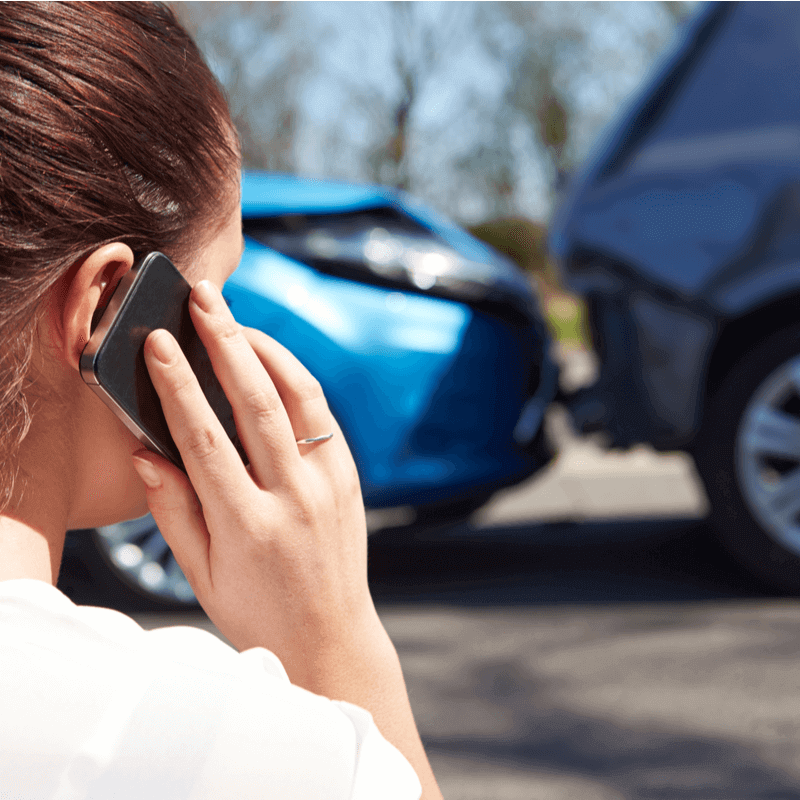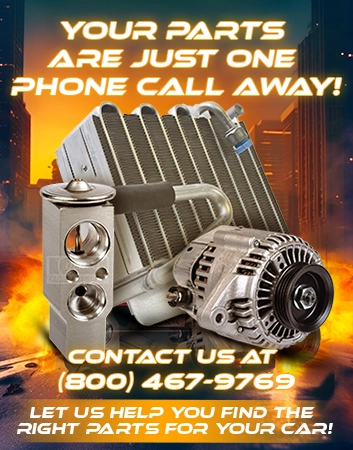You deserve quality care after trauma. Here are five essential tips for choosing medical help and advocating for yourself after a car accident.
Car accidents can be an incredibly stressful time. The lasting physical, emotional, and financial implications can take a toll. It’s integral to not only seek out the proper medical care in the hours and days following but for as long as it takes to become well.
Choosing the right medical help can make all the difference after a car accident. Here are five tips for selecting the proper medical care and advocating for yourself after a motor vehicle accident.
Determine the Severity
When you get in a car accident, you must deal with your immediate needs before worrying about anything else. You may feel as though you’ve gotten through the ordeal relatively unscathed. However, it’s not uncommon to experience delayed effects due to the adrenaline coursing through your body. It’s integral to get checked out by a medical professional immediately, even if you feel fine. Visit either your GP or the ER, depending on the severity of your injuries and the availability.
There are a few reasons why it’s crucial to seek immediate medical care. The first reason is that there are many injuries that you can’t detect with the naked eye. Whiplash is a common injury in car accident cases. While this injury isn’t fatal, it’s important to have the right care plan in place to ensure you don’t exacerbate the issue and cause lasting damage.
Internal bleeding is a potentially deadly issue that you might write off as bruising. If left untreated, internal bleeding could kill you within hours, even if you walk away from the accident without an issue. Finally, concussions often go undetected as well and can cause significant issues if left unmonitored.
Apart from the injuries, there’s also the necessity for a paper trail. Going in right away and starting the documentation process will make it easier to file insurance claims and get the long-term care you need.
Assess the Ongoing Needs
Once the immediate danger is dealt with, the next step is to work with a physician to assess your ongoing needs. It’s quite likely that you’ll benefit from specialist care, or at the very least, a consultation. Some common specialists for car accident injuries include:
Physiotherapists
A physiotherapist helps assess soft tissue damage and create a treatment and recovery plan based on your needs. The need for a physiotherapist is common after a car accident, especially in cases of whiplash. The duration of the treatment will depend on the severity of your injuries. You may only visit a physiotherapist once or twice and be given exercises to help repair your soft tissue at home.
Massage Therapist
Massage therapy also treats soft tissues to help promote healing and holistically manage pain. Whiplash occurs during an accident when your body is abruptly put into motion or stopped. Your muscles aren’t prepared for the change or the range of motion and get torn, causing lasting damage and pain. This pain can affect any area from the neck to the low back and even causes tension headaches.
When the muscle starts to heal, it may do so in an unnatural way (similar to a broken bone that heals without intervention). Massage therapy can break up those tissues and promote healing in the right way, eliminating the pain over time.
Counseling
While we tend to focus on the physical side effects of a car accident, these traumatic events can also impact our mental and emotional health. It’s not uncommon to experience mood changes, depression, anxiety, and PTSD after a car accident.
If that’s the case, you may require a psychologist or psychiatrist to help work through the issues and develop new coping strategies. Unfortunately, this comes at a cost.

Evaluate Your Coverage
Assess your current health insurance plan to determine what it does and does not cover. If you don’t have the insurance you need to cover your ongoing medical needs, choose the health insurance that will support your long-term treatment and recovery. Depending on your injuries, this could include both the medical services rendered and any medication you require.
You’ll also need to look into what your car insurance covers. If this accident is someone else’s fault, your healthcare may be covered by your automobile insurance. It’s also worth consulting a car accident attorney to determine if you should take legal steps to ensure your needs are covered.
Evaluate the Physician Experience
Take some time to evaluate the physicians you work with when seeking care after your accident. Look for a practitioner who has experience working with car accident patients and your type of injury. In addition to having expertise in your area of treatment, they should also know how to navigate the billing process— this is especially important if your automobile insurance is kicking in.
It’s also worth taking some time to look at online reviews and ask for recommendations from people in your network. Previous patients can give you a better idea of what to expect and whether they felt properly cared for.
Assess the Treatment Approach
Finally, assess the treatment approach your medical care provider will be using to help you recover. While this isn’t your area of expertise, you have a right to ask questions and advocate for yourself. You have a right to know why a certain course of treatment is being followed and discuss your physical (and mental) limitations and concerns.
Ask the care provider about their diagnostic and treatment processes— how will they determine what issues are the top priority, and what methods will they use for treatment? For example, some physiotherapists will use electrical stimulation while others prefer ultrasound. Their diagnostic process could include physical mobility tests, ultrasounds, CT scans, etc.
You’ll also want to ask about their referral network and whether they refer out if they notice an issue outside their scope of practice. For example, your physiotherapist may recommend a few massage therapy sessions. Try to work with someone who has an established referral network and isn’t afraid to use it.
Final Thoughts
Getting treatment from a qualified medical care team can determine the course of your life after a car accident. You deserve people who truly want to help. Never hesitate to question the process and push for better care.




